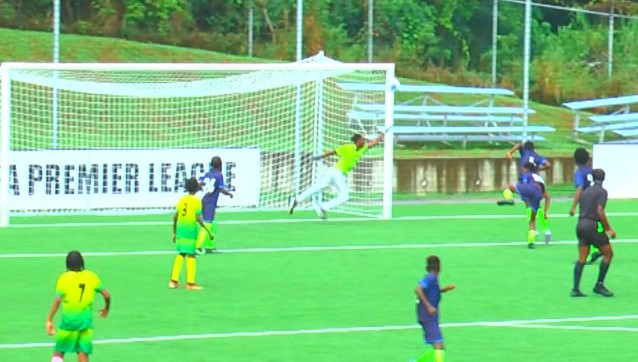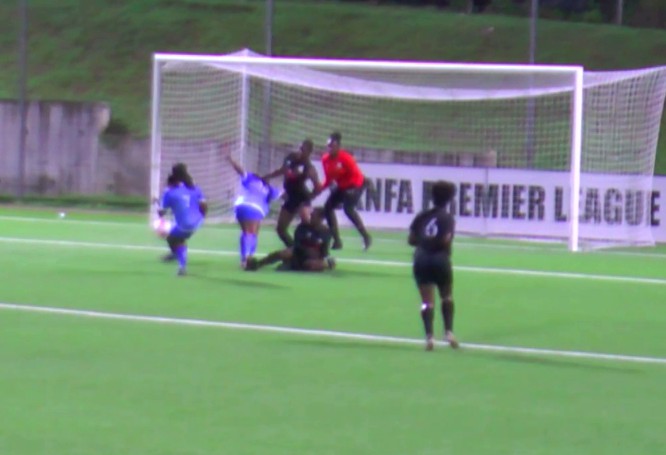West Indies and Australia Contested in a Closely Fought First Test.
The second day of the first Test between West Indies and Australia at Bridgetown, Barbados, unfolded as a captivating display of cricketing drama, with momentum swinging back and forth between the two sides. Resuming their innings at 57 for four, the West Indies battled their way to 190 all out, securing a slender but vital 10-run lead over the visitors. This seemingly insignificant advantage, however, laid the foundation for a tense and unpredictable contest, with the outcome hanging precariously in the balance.
Brandon King and Roston Chase, the overnight batsmen, held the key to building a substantial lead for the West Indies. However, King’s innings was cut short early, adding only three runs to his overnight score before being bowled by a Josh Hazlewood inswinger. The arrival of Shai Hope injected a spark of brilliance into the West Indies innings. He played with flair and aggression, striking a series of elegant boundaries, while Chase adopted a more cautious approach, accumulating runs steadily through singles and twos. Their 67-run partnership appeared to be wresting control away from Australia, but a controversial decision by the third umpire ended Chase’s promising innings at 44.
The umpire’s call, upholding the on-field decision of lbw despite replays suggesting an inside edge, proved to be a turning point. Justin Greaves’ brief stay at the crease further compounded the West Indies’ woes, and another contentious decision added to their frustration. Shai Hope, having played a superb innings of 48, was adjudged out caught behind off Beau Webster despite replays indicating the ball might have touched the ground while in wicketkeeper Alex Carey’s gloves. These two decisions, though debatable, tilted the balance slightly in Australia’s favor.
Despite the setbacks, Alzarri Joseph’s spirited unbeaten knock of 23 provided valuable late runs, pushing the West Indies total past 190 and securing the slim first-innings lead. Mitchell Starc was the pick of the Australian bowlers, claiming three wickets for 65 runs, while Webster, Cummins, and Hazlewood provided effective support, each picking up two wickets. The West Indies’ total, while not imposing, presented a challenging target for the Australians, especially considering the precarious nature of the pitch.
Australia’s second innings began with a mixture of fortune and misfortune. Opener Sam Konstas survived two early scares, courtesy of dropped catches, while his partner Usman Khawaja fell victim to a sharp inswinger from Alzarri Joseph. Konstas’ luck eventually ran out as he played on to Shamar Joseph, leaving Australia at 34 for two. The loss of early wickets exposed the Australian middle order, putting them under immediate pressure.
With the match delicately poised, the partnership between Beau Webster and Travis Head became crucial for Australia’s survival. They showed resilience and composure, navigating the tricky final stages of the day’s play to guide their team to 92 for four at stumps. The stage was set for a fascinating third day, with both teams having a genuine chance of victory. The slender lead, the unpredictable nature of the pitch, and the fluctuating fortunes of both sides promised an exciting and closely fought contest.
Share this content:












Post Comment